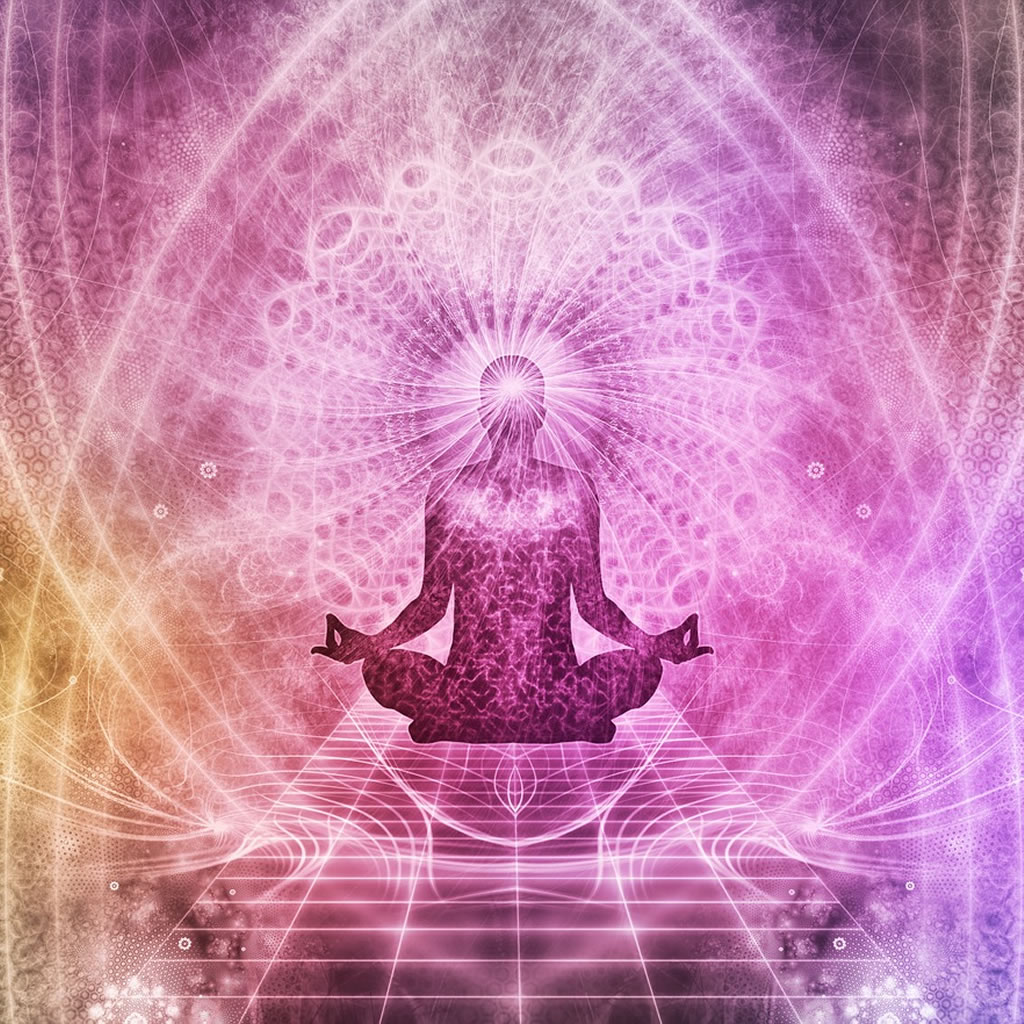By: Dr. Elizabeth Barrett, AP
At the beginning of every year, people start to ask themselves how this year is going to be different—and better. They sign up for new exercise regimes. They resolve to lose that weight they put on last year. They decide it is finally time to kick that bad habit. Everyone is excited for a fresh start with a new year ahead, and motivation abounds.
According to a survey from “Statistic Brain” (10/27/16), almost half of us make New Year’s Resolutions. Yet in spite of that resolve, only 8 percent of us actually achieve them. Why is that?
There are as many reasons as there are people: Unattainable goals, reasonable goals that are pursued too rigidly, environmental pressures, etc. There are also many valid approaches to turning this trend around.
In this article, we will focus on keeping resolutions from the Chinese Medicine perspective.
Zhi
The ability to follow through with your resolution is primarily attributed in Chinese Medicine to your “Zhi” spirit. Zhi (pronounced “jerr”) is sometimes translated as “Will” or “Willpower”, but the Asian understanding of the concept is slightly different than our own. Zhi represents not only willpower in the traditional sense—that is, conscious decisions and actions–but also an instinctive understanding of one’s destiny and role in history and society. Zhi is a personal, rooted connection to the destiny you have chosen and which has chosen you.
From a Chinese medicine perspective, a resolution can best succeed if it sets you on a path aligned with your higher purpose or Zhi. By this token, the first step to success in keeping resolutions is to understand how that goal fits into your higher purpose. Why are you resolving to make this change? How does it align with your personal destiny? Will achieving this resolution improve your life in a lasting, tangible way?
Taking a holistic approach to self-improvement
It is also important that your resolution resonate with all aspects of who you are. In Chinese medicine, the physical, mental, emotional, and spiritual are not discrete and separate, but are interconnected parts of a whole. That which affects one aspect of your life will eventually affect other parts of that continuum. How else could a few needles in the ear relieve PTSD, or a reduction of pain change a person’s personality?
Successful resolutions should engage the whole person. If you resolve to read more—a largely mental activity—forming a physical association with reading or an emotional reward for it can help your success. Finding a favorite reading place. Ask a friend to discuss your reading with you. Connecting the mental activity to physical and emotional stimuli can go a long way towards making the resolution more fulfilling and more likely to succeed. When making a resolution, ask yourself: How will this goal connect to all aspects of myself?
Water
Zhi is also associated with the Kidneys, which are represented in the Five Element theory of Chinese medicine by Water. What are the characteristics of water? Water is fluid and adaptable. It overcomes obstacles not with force, but with flow. It is the foundation of life.
This tells us not to be too rigid in the pursuit of our resolutions. It is important that these goals are more a journey than an obstacle, not finite but infinite. Many people become discouraged if they do not meet a high and rigid standard. Rather than adapting and trying again, they will give up on their worthy goal. Water suggests that we regroup and find another way around. If you break your resolution one day, figure out why and try again. Revise the goal if needed. Water never stops; it is constantly on a journey to its next destination and always connected to the previous one. Self-improvement should be the same.
As you make your resolutions this January, keep this in mind:
1. Know how your goal fits into your higher purpose.
2. Pursue your goal holistically, connecting it to the physical, mental, emotional, and spiritual.
3. Be like water.

